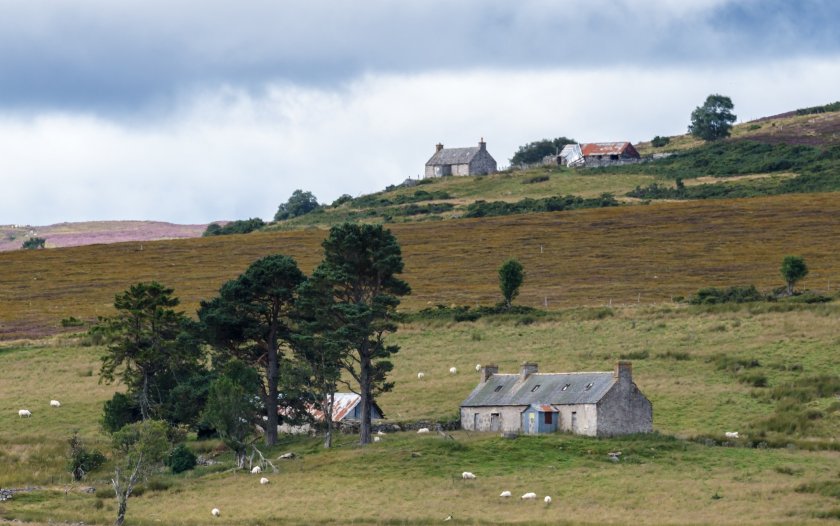
Five areas are in the running to be Scotland’s next national park despite a series of concerns from farming groups in the country.
The areas - located in the Scottish Borders, Galloway, Lochaber, Loch Awe and Tay Forest - are contenders to be Scotland's next national park.
The Scottish government said each proposal would now be appraised against the published criteria.
It confirmed that a further consultation would be held once a preferred site is identified, expected to be in the summer.
The Scottish government has committed to designating at least one new park by 2026, to join Cairngorms National Park and Loch Lomond and the Trossachs National Park.
It has been 20 years since a national park was established in Scotland. but farming groups have repeatedly highlighted their opposition to a new one.
Farmer fears centre on an increase in bureaucracy which could in turn stifle development, as well as a potential rise in access-related issues.
But Scotland's Biodiversity Minister, Lorna Slater said the two existing national parks "have shown how valuable national park status can be".
She said: “National park status has boosted their economies, supported local business and engaged communities to make the parks work for those who live and work in them.
"Once we have a site identified, we will engage again with the people in the area to look at determining things like park boundaries and balancing environmental protection with helping the communities and local enterprises thrive."
However, farming groups also have concerns that a new national park would prioritise tourism and visitor access over local farming businesses to the detriment of the rural economy.
Just last month, NFU Scotland chaired a meeting on national park proposals on the Isle of Skye, attended by 110 farmers, crofters and other local stakeholders.
According to the union, all attendees indicated that they did not support the creation of a national park in their area.
In its recent consultation with farmers, responses indicated that existing parks had failed to make a positive contribution to farming and crofting.
NFU Scotland vice president, Alasdair Macnab said that the nomination process for new national parks was causing 'a lot of concern and confusion' for farmers.
He said that wider community views must be considered when bids go in for the creation of new parks.
"Feedback from members in existing national parks is that there has not been enough focus on local views and where community involvement was present, it was tokenistic. That must not happen this time round.
"Farming and food production are highly important to Scotland’s rural economy, this must be a major consideration when assessing nominations for new national parks.
“Meaningful involvement of the local community at each stage in the nomination process is key but that is not being delivered by many of the proposed bids," Mr Macnab said.
"This is necessary to avoid polarised views within a community leading to groups feeling disenfranchised and that a national park is imposed on them."
